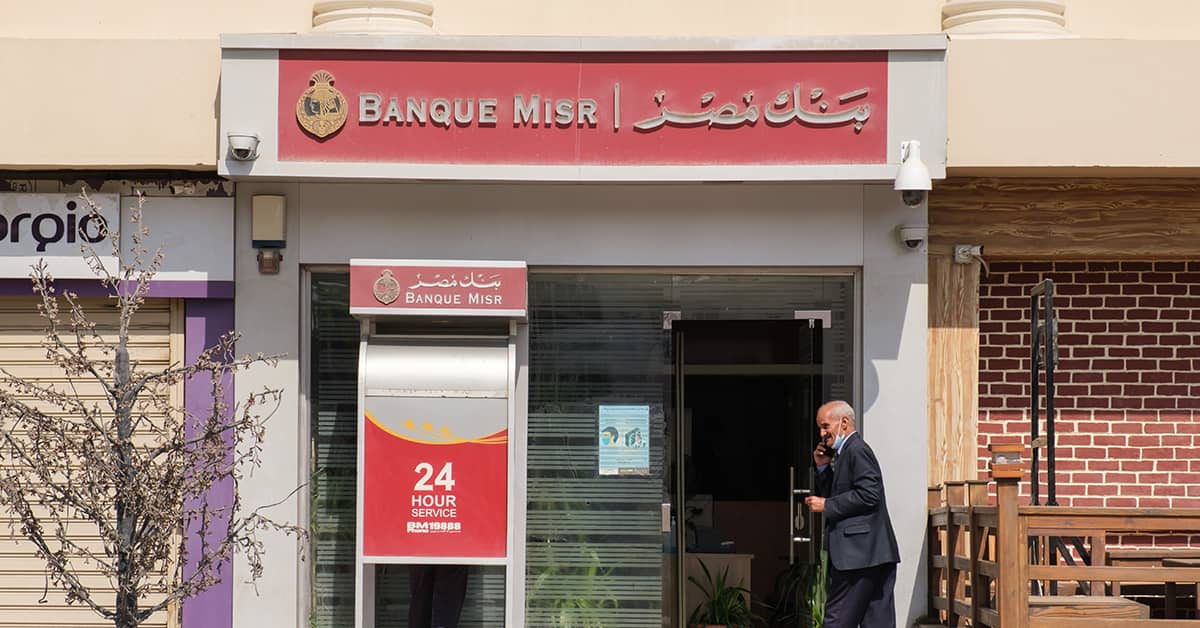Fragmented payment systems and a lack of standardization have hindered the cash management efforts of companies in the Middle East, but this looks set to change.

Although Covid-19 spurred the adoption of digital payments in the region, new government initiatives and regulatory measures in the Middle East are also driving a cross-border payments ecosystem that will bring greater visibility and control to treasury departments.
Ahmad Alyousef, senior vice president and head of Cash Management Product Solutions at the Saudi National Bank (SNB), which is the winner of the Best Bank for Payments & Collections award, says several initiatives have already resulted in faster and more-efficient payment transactions while lowering transaction costs and ushering in real-time payments.
One such initiative, developed by the six Gulf Cooperation Council (GCC) member states, is GCCNet, which connects all national switches throughout the GCC in real time to establish a single network.
“This enabled the use of debit cards issued in one GCC country in another, lowering the cost of cross-border transactions,” explains Alyousef. “Furthermore, some GCC countries have also created real-time payment systems for local and cross-border transfers of small value. In Saudi Arabia, for example, the instant payment system facilitates day-to-day payments with instant credit. Fintechs have played a significant role in raising demand for cross-border payment using digital wallets.”
Following the April 2021 completion of the merger of two Saudi Arabia banks–National Commercial Bank and Samba, to form SNB–the new bank took nine months to provide a seamless service migration to its clients. SNB also became the first bank in Saudi Arabia to establish a sustainable finance framework and is well positioned to help corporates bounce back from the pandemic.
With a deep-rooted network in the Middle East and North Africa region and extensive local expertise, the Best Bank for Cash Management winner, Arab Bank, is well placed to price transactions based on local market requirements, credit risks and historical data.
Arab Bank’s corporate digital platform, ArabiConnect, features a range of global transaction banking services; while its ArabiSync host-to-host offering provides a superior client experience. To remain ahead of the cash management innovation curve, Arab Bank launched a fintech-focused corporate accelerator program, AB Accelerator, in Egypt in August 2021, following the success of a similar one it had previously established in Jordan.
National Bank of Egypt (NBE), which took the Best Bank for Liquidity Management award, has branches and affiliated banking units in the UAE, Ethiopia, South Africa, Saudi Arabia, Sudan, the US, the UK and China; and it boasts a corresponding bank network that includes more than 39 accounts in North America, the eurozone, the UK, the Middle East, Asia, Canada and Australia. NBE arranged and managed more syndicated loan deals than any financial institution in the Middle East and Africa last year—managing 51 financing deals worth more than 235 billion Egyptian pounds (approximately $15 billion) in 2021.
Banque Misr won as the Best Provider of Short-Term Investments/Money Market Funds for its Banque Misr Money Market Fund, Youm B Youm, that provides low-barrier access to Egypt’s debt capital markets without requiring a significant minimum investment. In addition to zero subscription and redemption fees, investors can increase their investments or redeem their profits daily, providing liquidity when needed.
Liquidity and easy access to cash remain essential for companies and banks to play a crucial role in providing the tools for real-time visibility and instant payments. Aided by new payment rails and by national and regional regulations and standards set by organizations such as Swift, banks in the Middle East have a real opportunity to benefit treasury departments and promote growth for all.




